In Privacy Fight, Apple CEO Tim Cook Is Seen as a Model of Civic Leadership From the Private Sector
Friends and close relations say that Cook -- who this week published a letter explaining his decision to resist a federal order to make his customers’ private information vulnerable to theft and surveillance -- is exercising his belief that “businesses and their leaders should think of themselves as important members of civic society,” The New York Times reports.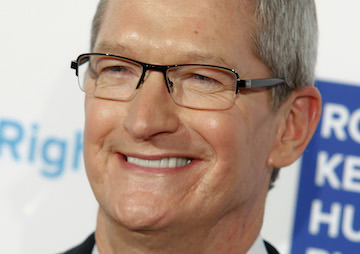
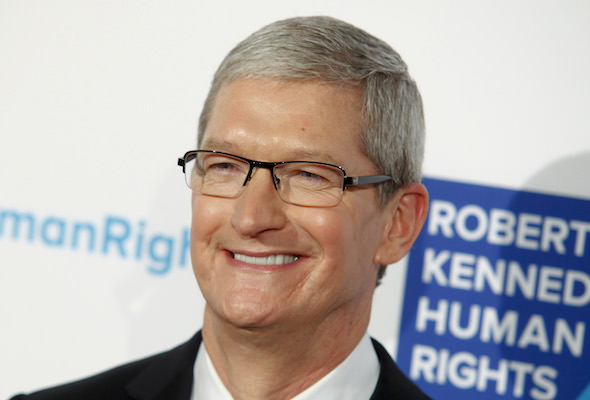
Apple CEO Tim Cook in 2015. (Andy Kropa / Invision / AP)
Friends and close relations say that Cook — who this week published a letter explaining his decision to resist a federal order to make his customers’ private information vulnerable to theft and surveillance — is exercising his belief that “businesses and their leaders should think of themselves as important members of civic society,” The New York Times reports.
“We feel we must speak up in the face of what we see as an overreach by the U.S. government,” Cook said in his letter. “Ultimately, we fear that this demand would undermine the very freedoms and liberty our government is meant to protect.”
The Times continues:
Mr. Cook’s standoff with law enforcement officials is indicative of his personal evolution from a behind-the-scenes operator at Apple to one of the world’s most outspoken corporate executives. During that time, he has moved a once-secretive Silicon Valley company into the center of highly charged social and legal issues. While Mr. Cook’s predecessor, Apple co-founder Steven P. Jobs, was considered a business icon, he never took aggressive positions on such matters as Mr. Cook now has.
Being at loggerheads with the United States government is risky for Apple and may draw a torrent of public criticism of the world’s most valuable company at a time when its growth rate has significantly decelerated.
Yet people who know Mr. Cook said he did not believe he had a choice but to be vocal. Mr. Cook, who became Apple’s chief executive in 2011, has long said that businesses and their leaders should think of themselves as important members of civic society. In September, he emphasized that this responsibility “has grown markedly in the last couple of decades or so as government has found it more difficult to move forward.”
Mr. Cook “says what he believes, especially in difficult situations,” said Don Logan, the former chairman of Time Warner Cable who has been friends with Mr. Cook since he became chief executive of Apple, bonding over their shared alma mater, Auburn University. Of Mr. Cook’s opposition to the court order, Mr. Logan said: “Tim is currently dealing with a very difficult situation and he knows the decision he has made has lots of ramifications, good or bad. But he wants to do the right thing.”
Continue reading here.
—Posted by Alexander Reed Kelly.
Independent journalism is under threat and overshadowed by heavily funded mainstream media.
You can help level the playing field. Become a member.
Your tax-deductible contribution keeps us digging beneath the headlines to give you thought-provoking, investigative reporting and analysis that unearths what's really happening- without compromise.
Give today to support our courageous, independent journalists.
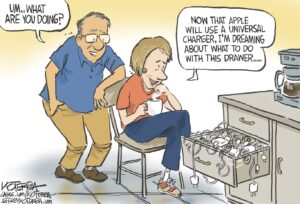
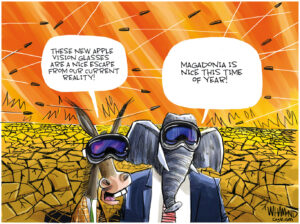
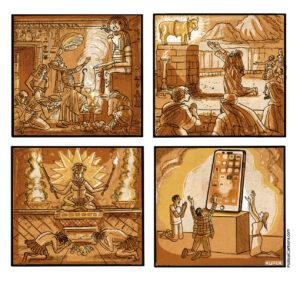
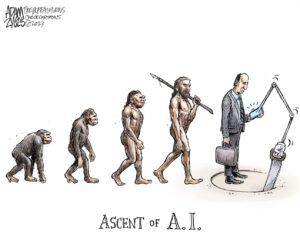

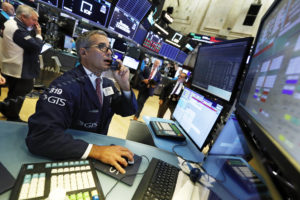
You need to be a supporter to comment.
There are currently no responses to this article.
Be the first to respond.